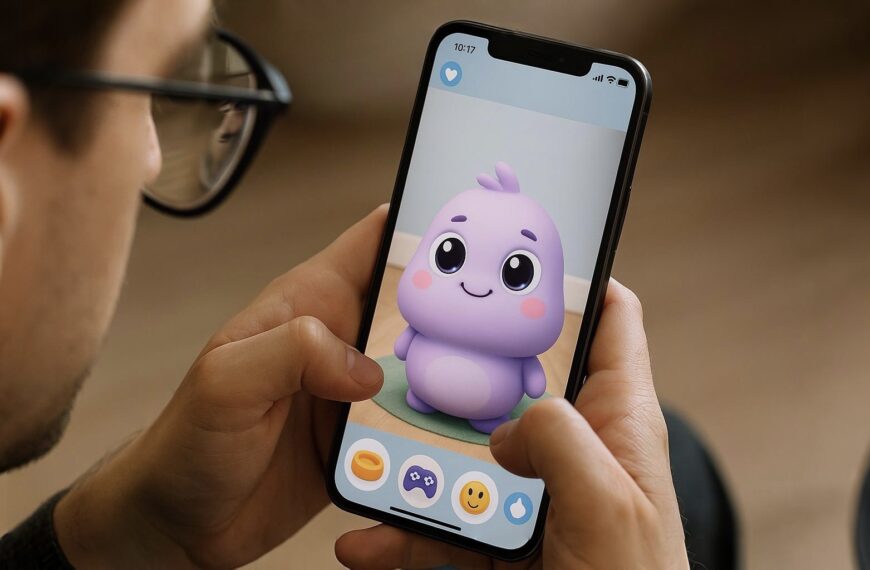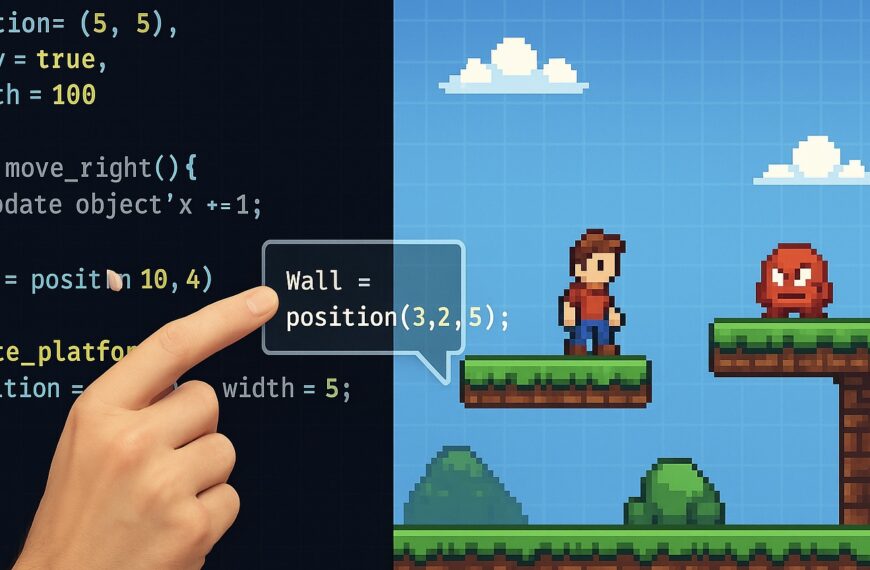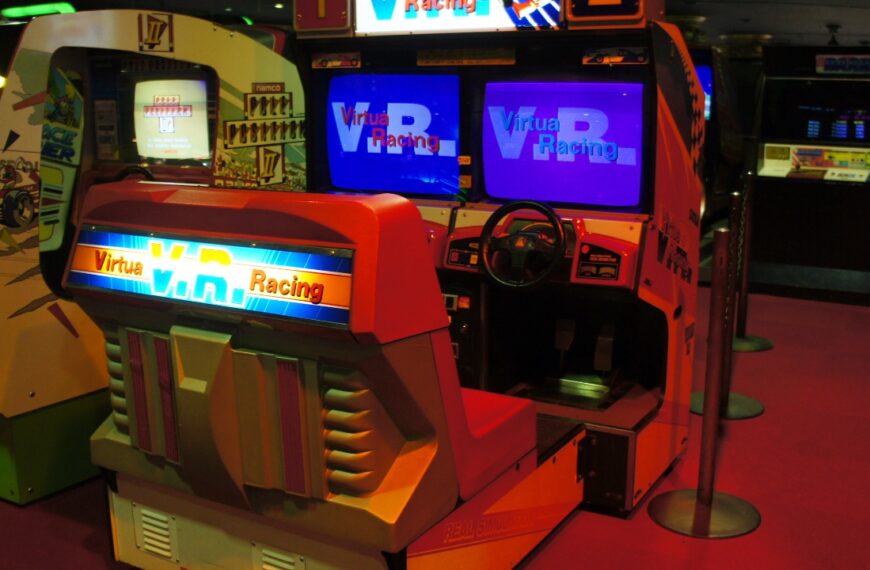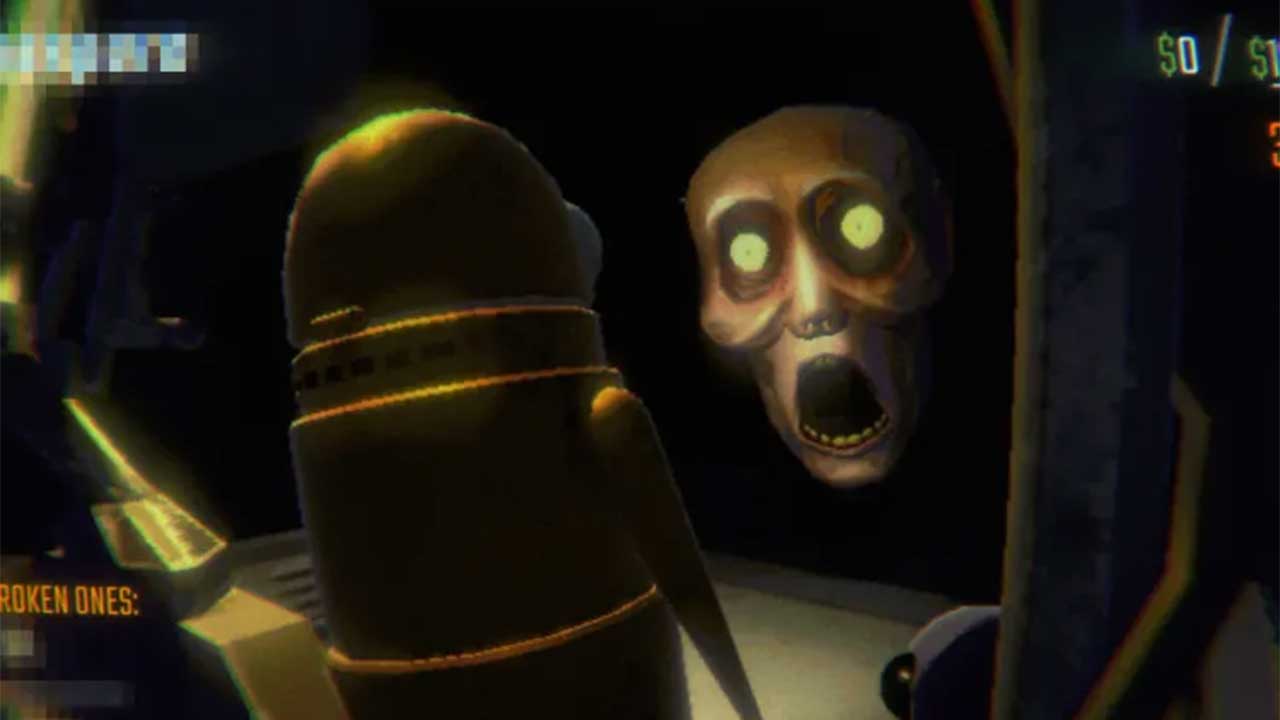In a world of infinite respawns and second chances, one indie game dared to ask: what if death actually meant something? Upsilon Circuit, an experimental RPG from indie studio Robot Loves Kitty, flipped the core expectation of gaming on its head. The catch? If you die, you’re banned for life—no do-overs, no restarts, no alts.
Only Eight People Can Play at a Time
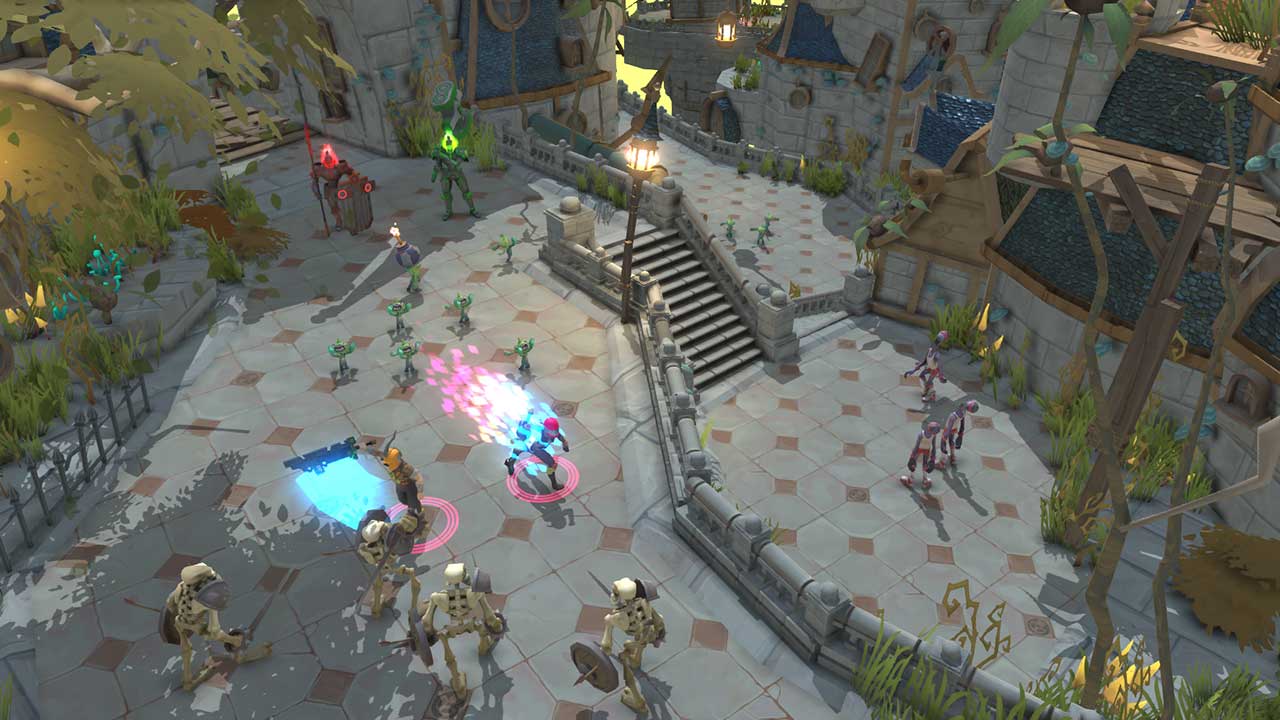
Upsilon Circuit wasn’t just punishing—it was exclusive. Only eight players in the world could be logged in at any one time, navigating a trap-filled, monster-ridden arena while thousands watched as spectators. Everyone else sat on the sidelines, waiting for a chance to take over a slot—if someone else died. That scarcity gave every moment in the game real weight, turning risk into spectacle and forcing players to think like they were on live television.
Permanent Death Means Permanent Exile
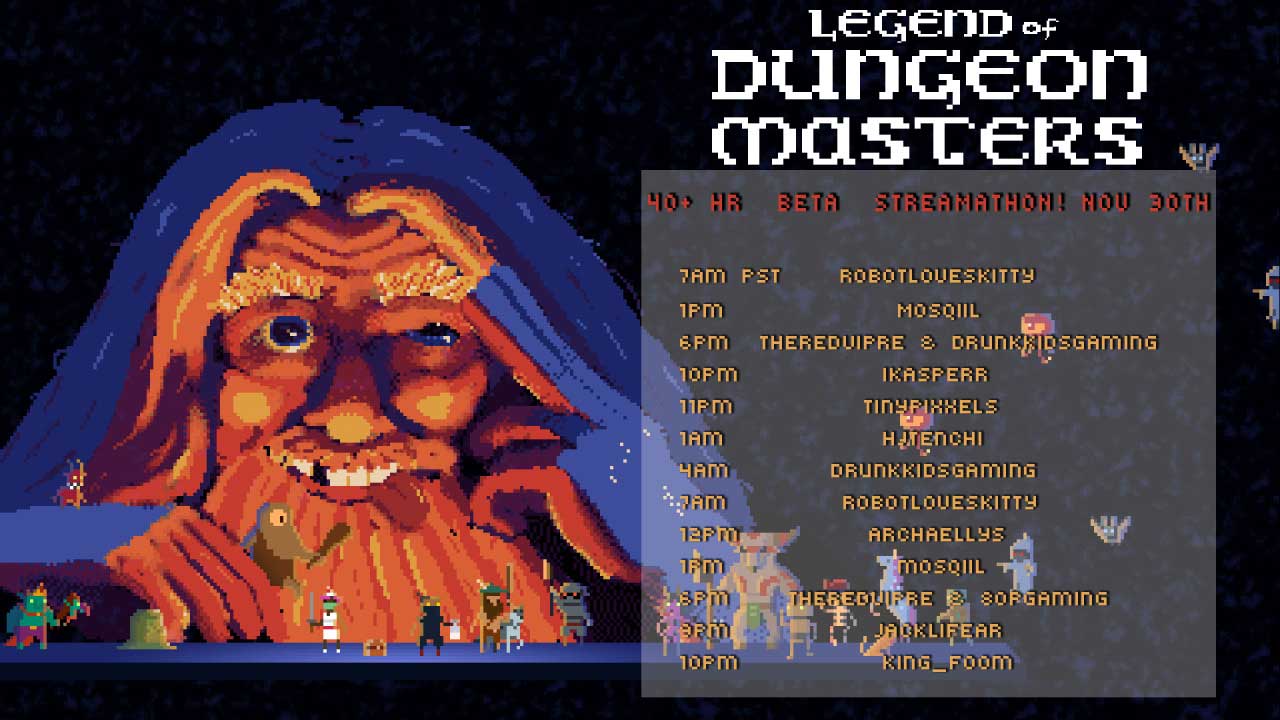
The moment your character died, that was it. Your account was locked. You could never play again. This wasn’t metaphorical—it was part of the game’s DNA. As described in the developer’s own Tumblr dev log, the project was designed as a real-time experiment in how players behave when their one life is on the line. Would they play recklessly for glory—or cling to survival?
Upsilon Circuit wasn’t just a game—it was a behavioral study wrapped in retro-fantasy aesthetics. It asked players to treat death like it mattered, and to treat the opportunity to play like it was sacred.
Audience Power and Real-Time Influence

But the twist didn’t end there. Viewers weren’t just watching—they were part of the game. Spectators could vote on what skills players received, what enemies they’d face, and even influence the events unfolding on-screen. Your performance didn’t just depend on your own skill—it depended on whether the crowd wanted you to win or fall.
Why It Vanished—and Why It Still Matters
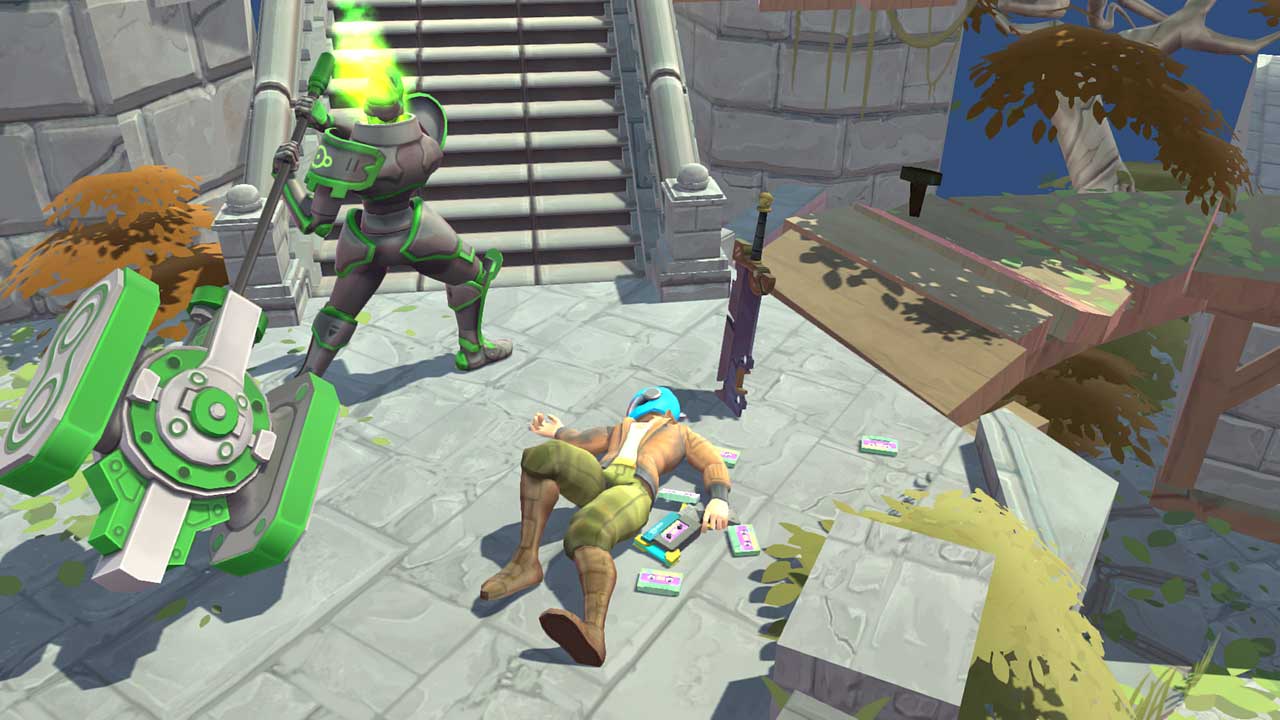
Upsilon Circuit never launched publicly. The game ran limited tests and then quietly went dark. In a heartfelt blog post, the developers cited the crushing weight of expectation and personal strain as key reasons they stepped away. But its legacy lives on as one of the most daring concepts in game design—a title that was less about loot and levels, and more about mortality and meaning.
A Glimpse Into the One-Life Era?
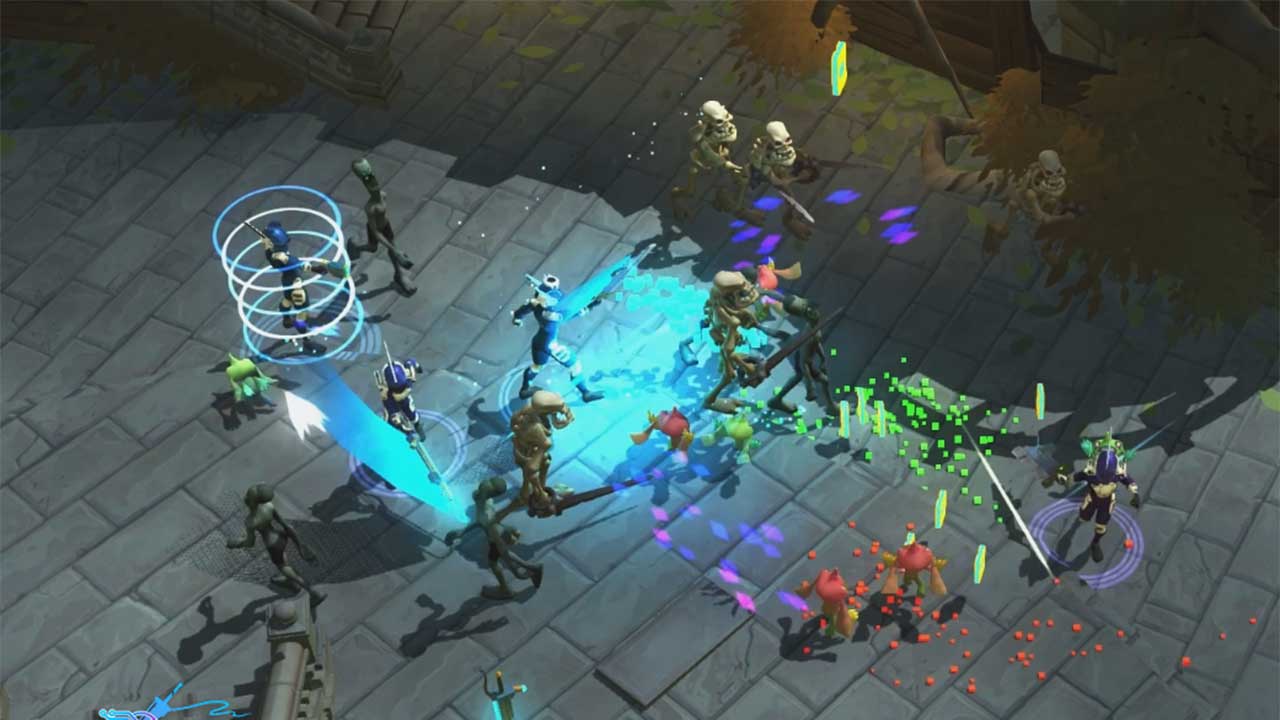
We may never get to play Upsilon Circuit again, but the idea it introduced—real consequence, permanent stakes, and the spectacle of survival—continues to echo through experimental game design. As immersive tech grows and player expectations shift, games that take something away might just become the ones that leave the biggest impact.

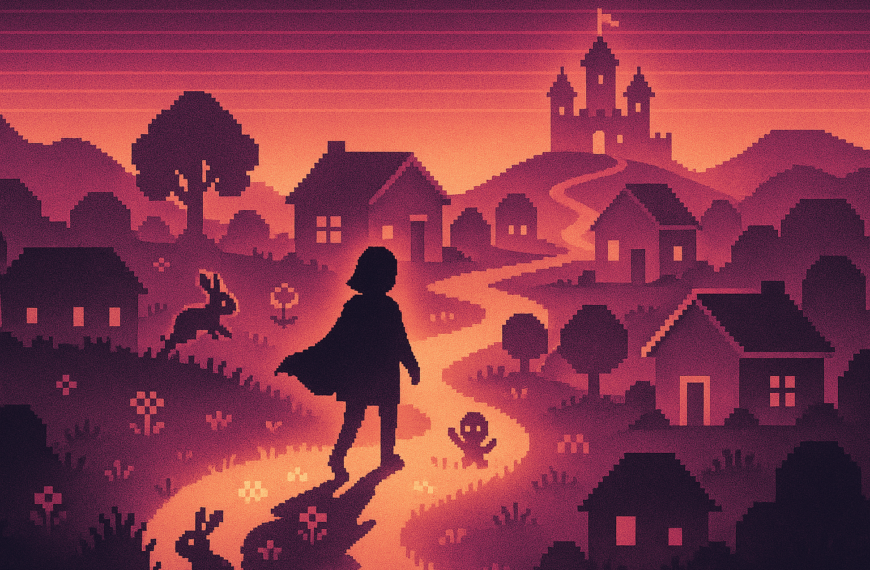
 By
By